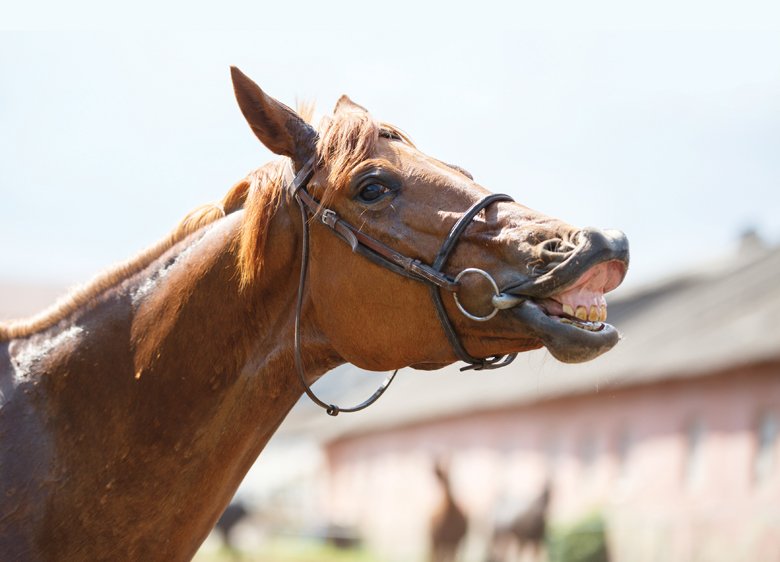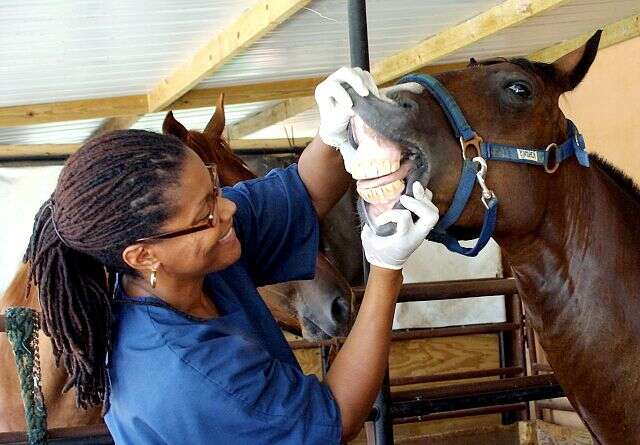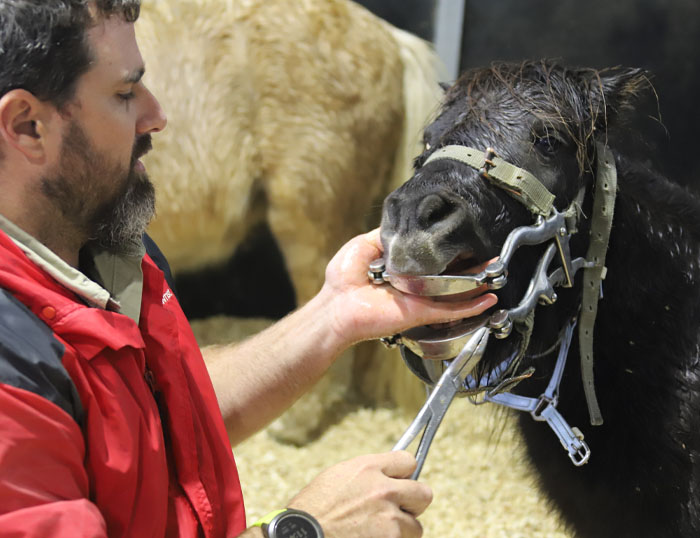When it comes to the care and health of your horse, understanding the intricacies of equine dental care is crucial. Among the various dental issues that horses can face, the topic of horse wolf teeth removal is particularly important. These teeth, which can cause discomfort and interfere with the use of a bit, often require the attention of a veterinary professional. In this article, we will explore the significance of horse wolf teeth removal, why it’s necessary, and what you, as a horse owner, should consider.

What Are Wolf Teeth?
Wolf teeth are small, vestigial teeth that appear in some horses. Located just in front of the first cheek teeth, these teeth can emerge in both male and female horses, typically around the age of one. While not all horses develop wolf teeth, those that do might experience discomfort, particularly when fitted with a bit.
Why Remove Wolf Teeth?
The primary reason for removing wolf teeth is to prevent oral discomfort and potential pain. These teeth can interfere with the bit, causing irritation and, consequently, affecting the horse’s performance and behavior. Addressing this issue through regular dental care ensures that your horse remains comfortable and responsive.
Impact on Horse’s Performance
Horses with problematic wolf teeth may exhibit signs of resistance or discomfort while being ridden. This is often due to the pressure placed on these teeth by the bit. By opting for horse wolf teeth removal, you can enhance your horse’s overall performance and well-being.
When to Consider Removal
Deciding on the appropriate time for horse wolf teeth removal depends on several factors, including the horse’s age and the presence of any symptoms. It is advisable to consult with a veterinarian who specializes in equine dentistry to determine the best course of action.
Procedure of Wolf Teeth Removal
The process of removing wolf teeth is relatively straightforward and typically performed by a qualified veterinarian. The procedure involves administering a local anesthetic to ensure the horse is comfortable, followed by the extraction of the teeth using specialized dental tools.
Post-Removal Care
After the procedure, it’s important to monitor your horse for any signs of discomfort or complications. Ensuring your horse has access to soft feed and plenty of water can aid in a smooth recovery. Your veterinarian will provide specific aftercare instructions tailored to your horse’s needs.
Potential Complications
While horse wolf teeth removal is generally safe, there are potential complications to be aware of. These can include infection, excessive bleeding, or trauma to surrounding structures. Choosing a skilled and experienced veterinarian minimizes these risks.
Signs of Complications
After the procedure, watch for signs such as swelling, persistent bleeding, or reluctance to eat. Any of these symptoms should be promptly addressed by your veterinarian.
Benefits of Wolf Teeth Removal
Removing wolf teeth provides several benefits, including improved comfort during riding and a decrease in behavioral issues associated with oral discomfort. This procedure can also prevent the development of mouth ulcers or other dental problems.
Long-Term Health Improvements
By addressing wolf teeth issues early on, you can contribute to your horse’s long-term dental health and overall quality of life. Regular dental check-ups are essential for maintaining these benefits.

FAQs about Horse Wolf Teeth Removal
Are wolf teeth common in all horses?
Not all horses develop wolf teeth. The prevalence can vary based on genetics and breed.
Can wolf teeth grow back after removal?
Once removed, wolf teeth do not grow back. However, monitoring for any other dental issues remains important.
How often should my horse’s teeth be checked?
Regular dental check-ups, ideally once or twice a year, help in identifying and addressing any dental issues timely. For more information, visit horse dental hygiene.
In conclusion, horse wolf teeth removal is an important aspect of equine dental care that ensures the comfort and performance of your horse. By staying informed and proactive, you can help your horse lead a healthy and happy life.
This article contains affiliate links. We may earn a commission at no extra cost to you.
